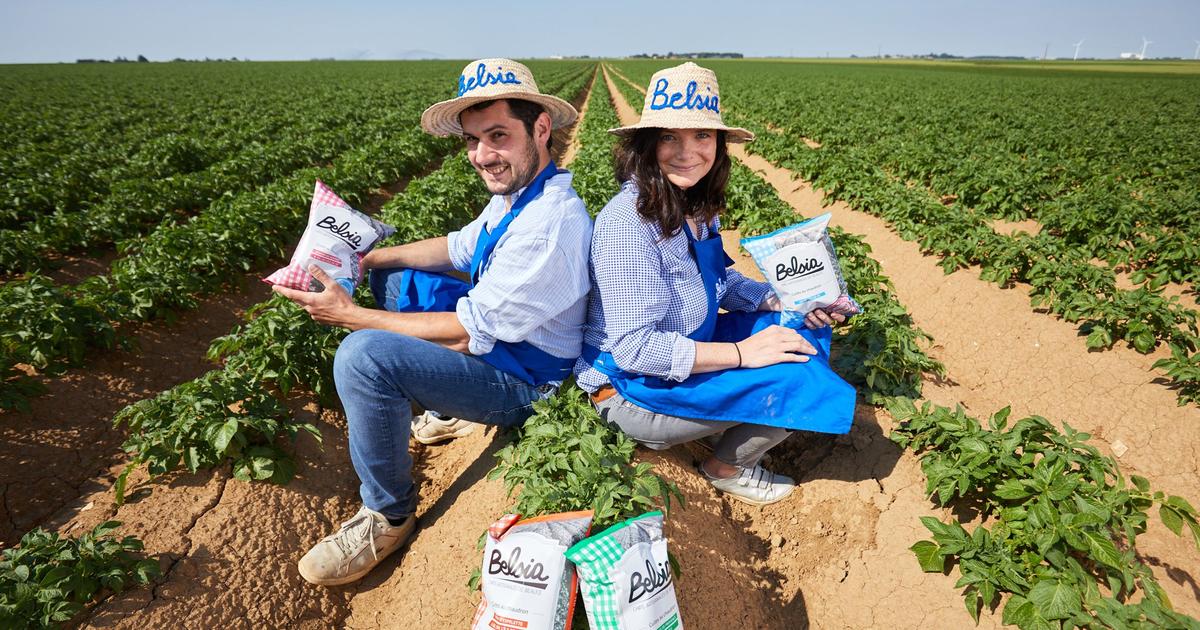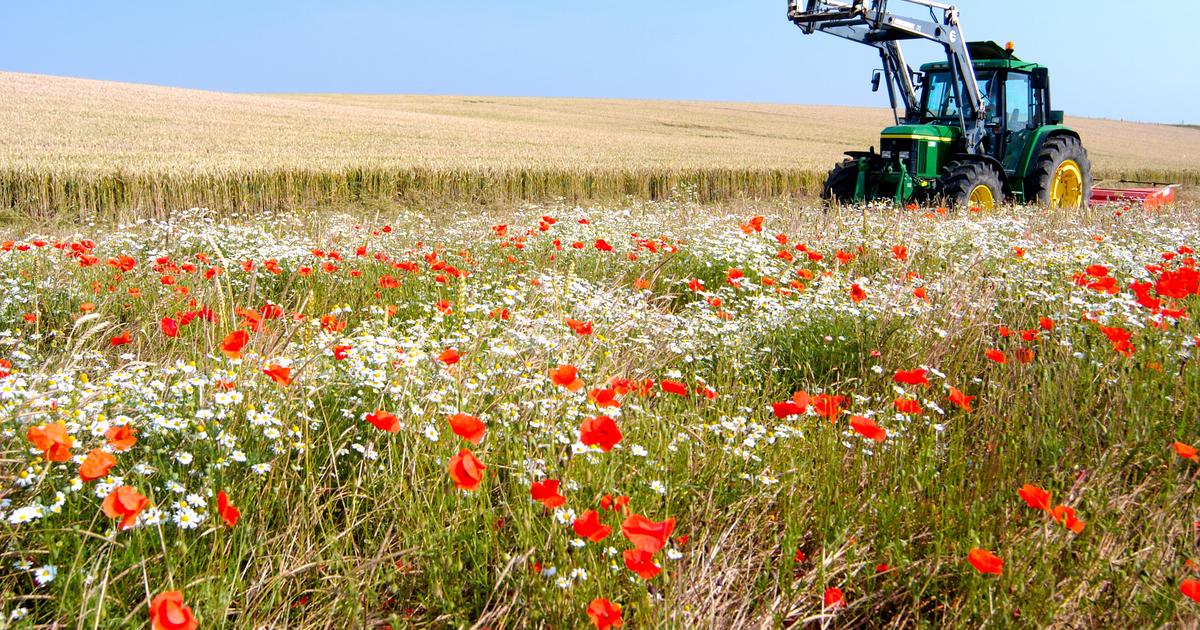AreaRead the video transcript expand here
Ukrainian farmers using their tractors to knock out Russian armored vehicles.
Since the beginning of the war, such recordings have appeared again and again on social networks.
Farmers are celebrated there for their bravery.
But in northern Ukraine, farmers have long since run out of fuel for such campaigns.
And Russian soldiers have seized control here.
Alex Lissitsa, representative of the Ukrainian agrarian economy
»The second wave is quite aggressive, so quite brutal.
They're no longer 18 or 20 years old, they're already over 30. You notice the experience, and they just shoot at people, that something is wrong when two or three people stand together.
There's shooting.
But also out of brutality.
For example, they drive through the village and just shoot at windows to scare people.«
We talk to Alex Lissitsa in Lviv.
He is a representative of Ukrainian agrarian economy and a farmer.
He grows grain on more than 120,000 hectares in the north of the country and keeps around 1,000 dairy cows.
Ever since the war raged, he's been phoning his employees every morning to ask if they're still alive.
Alex Lissitsa, representative of the Ukrainian agricultural economy
"And when the employee reports and says: Yes, boss, my house was bombed, my car is broken, but my family survived, then I'm as happy as a child."
The farmer also worries about his cattle.
The stables are cut off from the electricity, the dairy cows lack feed.
Alex Lissitsa, representative of the Ukrainian agricultural economy
“I assume that if the war continues and if the supply can no longer be guaranteed, then in two or three weeks the animals will no longer give milk, but will become meat.
In the best case."
Within three weeks of the war, agriculture in northern Ukraine came to a complete standstill.
There is a lack of fertilizer and fuel, farm workers have been drafted.
Russian land mines lie on the field roads.
But nature does not follow the war: Sowing should have started long ago this spring.
Alex Lissitsa, representative of the Ukrainian agricultural economy
»A colleague of mine, a neighbor, called me and said: What are you doing now?
What do we do with the winter wheat?
Or do we leave it as it is so the Russians don't get it?
To be honest, I don't have an answer to that.
We are here and we hope that the war will be over soon.«
Before the war
Ukraine sold millions of tons of grain annually to countries that hardly ever grow their own, such as Egypt, Indonesia or Pakistan, which almost exclusively import sunflower seeds and oil, rapeseed, rye, corn and wheat.
Ukraine is currently not exporting grain to ensure supplies in the country.
In any case, trading from the contested country is not possible.
And Russia also imposed an export ban in mid-March, according to government information to protect its own population from rising prices.
Together, the two countries cover around 30 percent of global demand for wheat.
Alex Lissitsa, representative of the Ukrainian agricultural economy
»If I add up the populations of the five countries that import the most from Ukraine, I estimate that there are 800 million people.
Yes, and they should be fed somehow.
I can't imagine how."
According to a recent study by the FAO, the United Nations Food and Agriculture Organization, prices on the world market could rise by eight to 22 percent as a result of the export ban.
fertilizer even by 25 percent.
According to the FAO, this would particularly affect the least developed countries in Africa, the Middle East and Asia.
Other producing countries would hardly be able to absorb that.
Maximo Torero, FAO Chief Economist
“If the war destroys the infrastructure, the logistics, the ports, the roads and the grain elevators in Ukraine and if it prevents the harvest from progressing, then yes, we could have a problem and an even bigger problem in the coming year."
Farmer Alex Lissitsa now has to take care of his homeland.
He advises the Ukrainian government and organizes the basic needs of his compatriots from Lviv.
Alex Lissitsa, representative of the Ukrainian agrarian economy
»If a city is not under siege, then it works.
With the cities of Chernihiv or Mariupol it is of course a catastrophe, and you cannot help there either.
But actually, the supply is now working, even if not to the full extent.«
In the medium term, Ukraine would have to export grain again on a large scale so that the FAO's catastrophic scenario does not materialize.
This will hardly be possible without support from abroad.
Alex Lissitsa, representative of the Ukrainian agrarian economy
»That at least this year it will still be possible to produce and manufacture something.
Otherwise not only the Ukraine will suffer, but also most countries in North Africa, the Middle East etc.«
In order to prevent or alleviate hunger crises in parts of the world and to secure the future of the Ukrainian economy, the war must end - or at least there must be a ceasefire.
Only then can Ukrainian farmers return to the fields with their tractors and go about their actual work.









